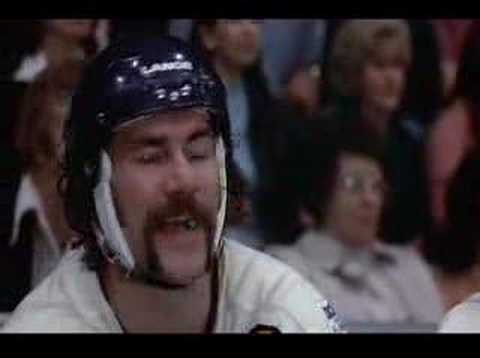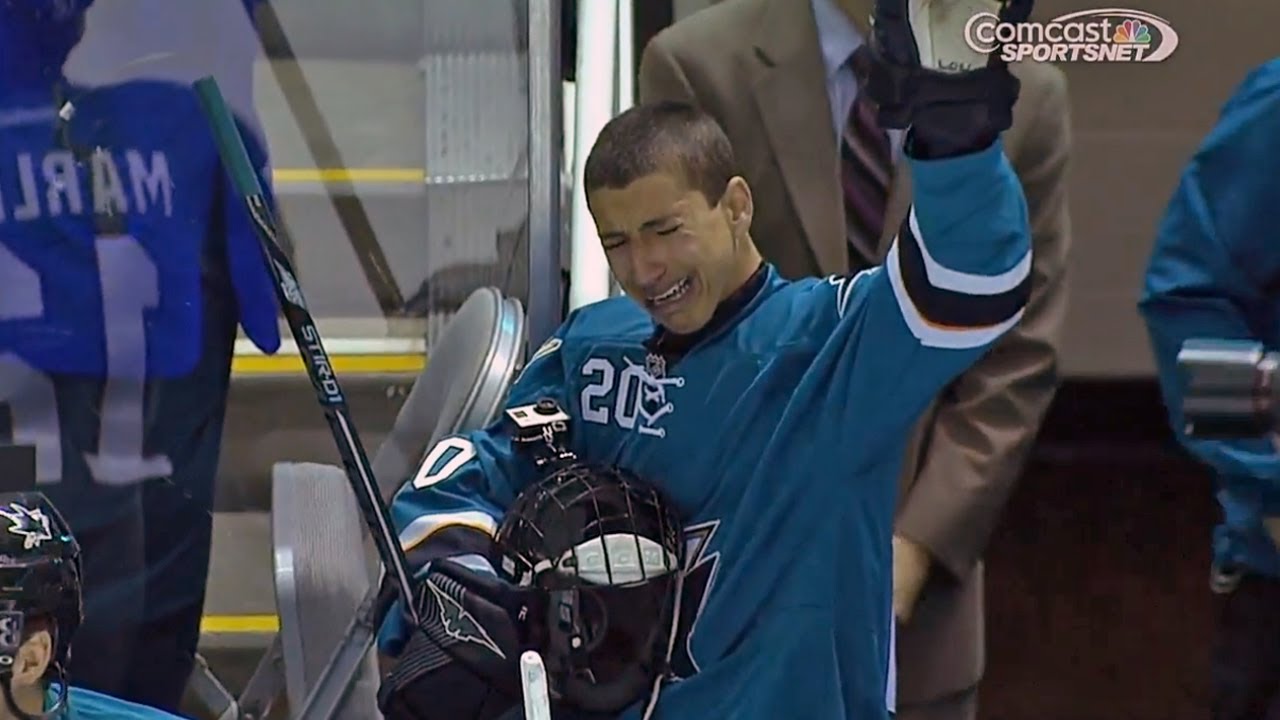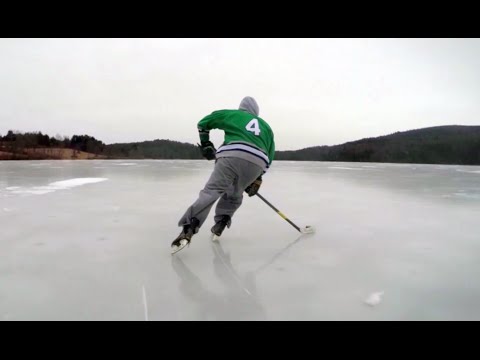Slap Shot – What The Chiefs Are Doing Today
Slap Shot is a great movie. One of my favorite sports movies and probably the best hockey movie ever made. Released in 1977 (not easy going up against Star Wars), it follows a hapless group of minor league hockey players who are just trying to keep their jobs. If you’ve seen the movie and content, you’d probably be surprised that a woman wrote it.
But what are the Charlestown Chiefs players doing today?
Dave McCoy and Liz Isenberg from The Hollywood Reporter provide this update:
First off, if you haven’t seen Slap Shot, step away, flip on Netflix and stream it. The 1977 film not only the greatest hockey movie ever made, but perhaps the funniest sports comedy, as well. Screenwriter Nancy Dowd – yes, Slap Shot was written by a woman, a fact that still shocks a lot of people, considering it’s a crass, shameless and often misogynistic portrait of male-bonding – penned the story after spending time with her brother, Ned Dowd, a minor league hockey player for the Johnstown Jets. During a phone call with his sister, Ned complained how the team was about to be sold. She moved to be close to him and her experience led to Slap Shot.
Slap Shot follows the fictional Charlestown Chief, a god-awful minor league club from New England. In a broad sense, the movie falls into the scrappy-underdogs-trying-to-overcome-great-odds cliché that tarnishes so many sports films. But it adds extra layers that make it far more intriguing. For one, the goal here is not winning a championship (though they do, as an afterthought); it’s about players trying to keep their jobs. These hockey players want security and benefits more than a trophy. When aging player-coach Reggie Dunlop (Paul Newman) overhears that the Chiefs are going to be sold (10,000 people at the local mill in Charlestown are being fired and unemployed people don’t buy minor league hockey tickets), he tries to get the owner to sell the team. Problem is, the owner is anonymous and the team is so awful, that nobody will buy them. But in a moment of inspired folly, Dunlap realizes what sells tickets in minor league hockey in the late ‘70: Violence. Lots of it.
Click here to read the rest of the article.



